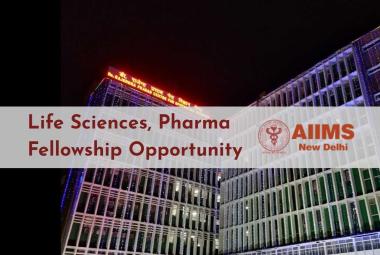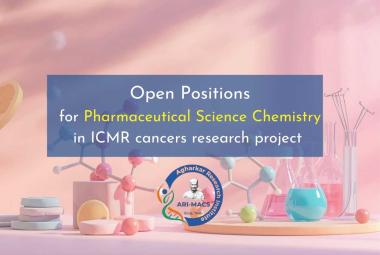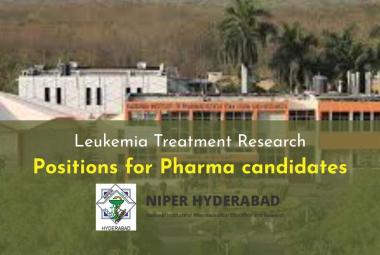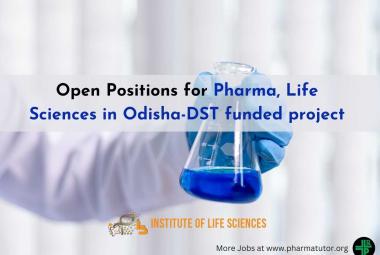
World Health Organization (WHO) defines that adverse drug reactions (ADRs) are noxious and unwanted effects produced by the drug, when it is applied for the ailment of disease or diagnosis.
[adsense:336x280:8701650588]
Adverse drug reactions rank as one of the top causes of death and illness in the developed world and have huge socio-economic significance. It is estimated that as few as 5% of all adverse drug reactions are reported to appropriate agencies. Medication errors are estimated to account for more than 5% of hospital admissions, but can be reduced by using prevention strategies.
The safety of medication use is an international concern that has attracted the attention of policymakers and clinicians in the US, Europe, and Canada.
All the medications targeted for clinical purposes have to undergo several rigorous preclinical and clinical testing as an evidence of their safety and effectiveness.
At times, adverse events are seen only upon usage among general population. The process whereby adverse effects are detected through regular monitoring after the release of drug in market is called pharmacovigilance.
Strong Pharmacovigilance in India, the need
India has emerged as a global pharmacy of generic drugs. On a global scale, India is being viewed as an emerging hub of clinical trials, drug discovery, research and development. After years of clinical trials and step by step approval by drug regulatory authorities, a drug is introduced for curing a particular disease. Prior to introduction in the market, despite several checks in the drug discovery and development process, certain drugs are withdrawn from the market when ADRs associated with them are discovered.
The pharmacovigilance system in India is weak as compared to many countries like USA and UK and the increased workload on physicians, nurses etc. do not bring to their notice most of the ADRs occurring in practice.
The ADR reporting rate in India is below 1% compared to the worldwide rate of 5%. Given the lower rate in India, one of the reasons might be attributed to the awareness about pharmacovigilance and ADR monitoring among the Indian healthcare providers.
R&D and Long Term Side Effects of Drugs
ADRs express themselves in two forms - short term and long term. While the patient is being treated with medication it is imperative that they are specifically informed about the long term side effects of the drugs especially in cases of continuous long term medications. It is the right of the patient to be imparted with this information to ensure his mental and physical preparedness for the After Effects.
Even though this information is sometimes provided with the packaging but the language used is reasonably technical to be understood by the patients with the problem getting accentuated with the less literate and illiterate population. There is a need of this information being disseminated to the patient by the doctor and more appropriately by the pharmacist in an easy and simple language.
Research and development needs to be focused and developing drugs with lot less long term ADRs without affecting the efficacy of the medicine. This will also be crucial not only for the patients’ overall health but also for the long term sustainability of the pharma sector in the wake of alternate medicines and therapeutic methodologies like: Ayurveda, Homeopathic, Yoga and Physiotherapy.
| The Objective of the conference |
· To enhance drug safety in India with the support of all the Health workers including physicians, Nurses, Pharmacists etc. By informing patients about possible ADRs when drugs are prescribed, approval of new drugs with caution for diseases for which safe alternatives are already existent, generation of awareness by the NPvP about ADRs and banned drugs in the market.
· And the role of R&D in minimizing ADRs.
| Role of Pharmacists |
A multifaceted approach is required for safety of medicine regulation in the Indian market. A useful first step is to establish transparency, which is not apparently present. The pharmacist can play a very important role in drug safety. Pharmacist can educate assistant pharmacists as well as patients visiting the pharmacy by writing labels in easy and understandable language, patient counselling, providing leaflets and stick posters about certain ADRs related to the obtained medications and advice to report ADRs to assistant pharmacists or other healthcare professionals.
|
Chief Guest |
|
Guest of Honour |
|
Chairman, Technical Session |
|
Co-Chairman, Technical Session |
Conference on
Pharmacology: R&D for Minimizing ADRs and Role Of Pharmacists
Date:23 September 2015,
Venue: PHD House, New Delhi
See All Ahmedabad Alerts B.Sc Alerts M.Sc Alerts B.Pharm Alerts
See All Other Jobs in our Database









